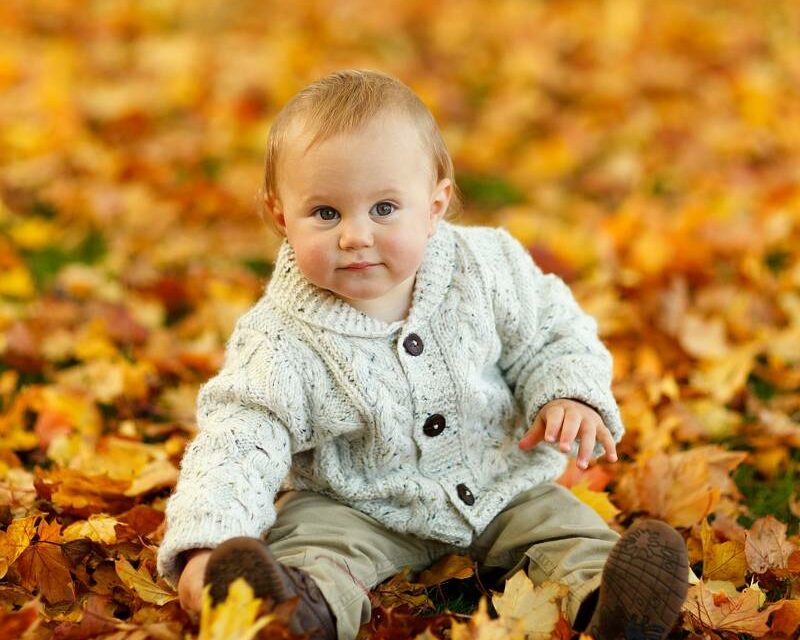Today I want to focus on the weather, and how dressing your child can positively or negatively affect your relationship and their emotional well-being.
Spring and Autumn are particularly confusing times for parents when it comes to selecting outerwear for children. However in these times of climate change, temperatures can change rapidly and children can quickly become uncomfortable in any season. This at best causes distraction, but can be physically dangerous at the extremes of overheating and becoming too cold. On the other hand, from the viewpoint of Transformative Parenting® this variability represents an opportunity for the parent to practice being present and attuned to their child, and for the child to feel understood and supported by their parent.
In my experience, the most common mistake is overdressing, but under-dressing occurs as well.
Our pediatrician always advised us to dress our child the same way we dressed, with perhaps a thin layer extra, like a t-shirt. If you are not comfortable with your winter coat zipped up all the way, your child is likely not comfortable either! I think this is excellent advice, unless they tell you otherwise, or they show signs of overheating or being too cold.
Signs of overheating:
Irritability
Damp brow, neck, or chest
Flush, red face, or sometimes just a prickly rash on the face
Decreased activity
Drowsiness
Signs of being too cold:
Irritability
Pale skin, lips
Holding themselves
Goose bumps
Twitchy movements
Shivering
Signs you have it right:
Alert
Active
Happy
I have met parents who use overdressing as a way to manage their child’s high activity level, since their child will be forced to reduce their activity to minimize their overheating. Do not make this mistake. Artificially induced “downtime” reduces the time available for active exploration, which children need to learn and develop optimally. In addition, severe overheating can lead to neurological damage, even death. If they are old enough to recognize that you may be forcing them to over- or under-dress, they may begin to believe you are a barrier or hindrance, or even antagonistic to them, which obviously damages your relationship and bond.
At the least, being cold or hot shifts attention that could be directed towards learning, or to interaction with you and the world, towards a frustrating recognition they are uncomfortable, and they, and you, are powerless to rectify the situation.
I look forward to hearing your comments!








Recent Comments